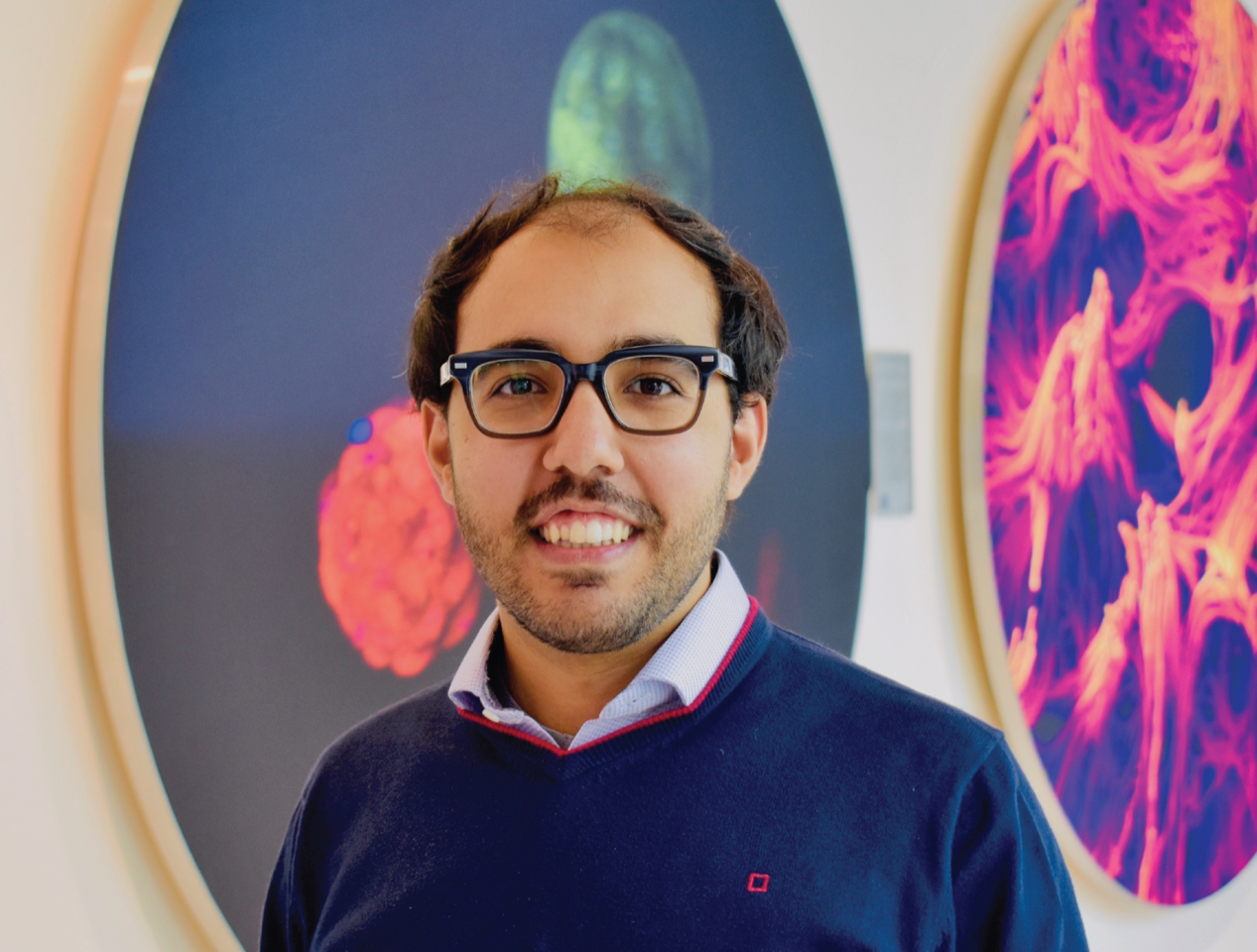Biotechnology & medicine
Khalil Ramadi
Electronic pills to treat brain, gut, and immune disorders.

China
Renhong Yan
Revealing the moment the virus hijacked the human cells

Global
Randall Jeffrey Platt
His recording tool provides a video of genes turning on or off.

Global
Eimear Dolan
Medical implants are often thwarted as the body grows tissue to defend itself. She may have found a drug-free fix for the problem.

Latin America
Ricardo Di Lazzaro
Cheap consumer genetic tests on the market so that anyone can improve their health using their DNA information.
